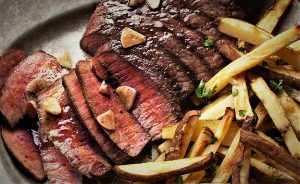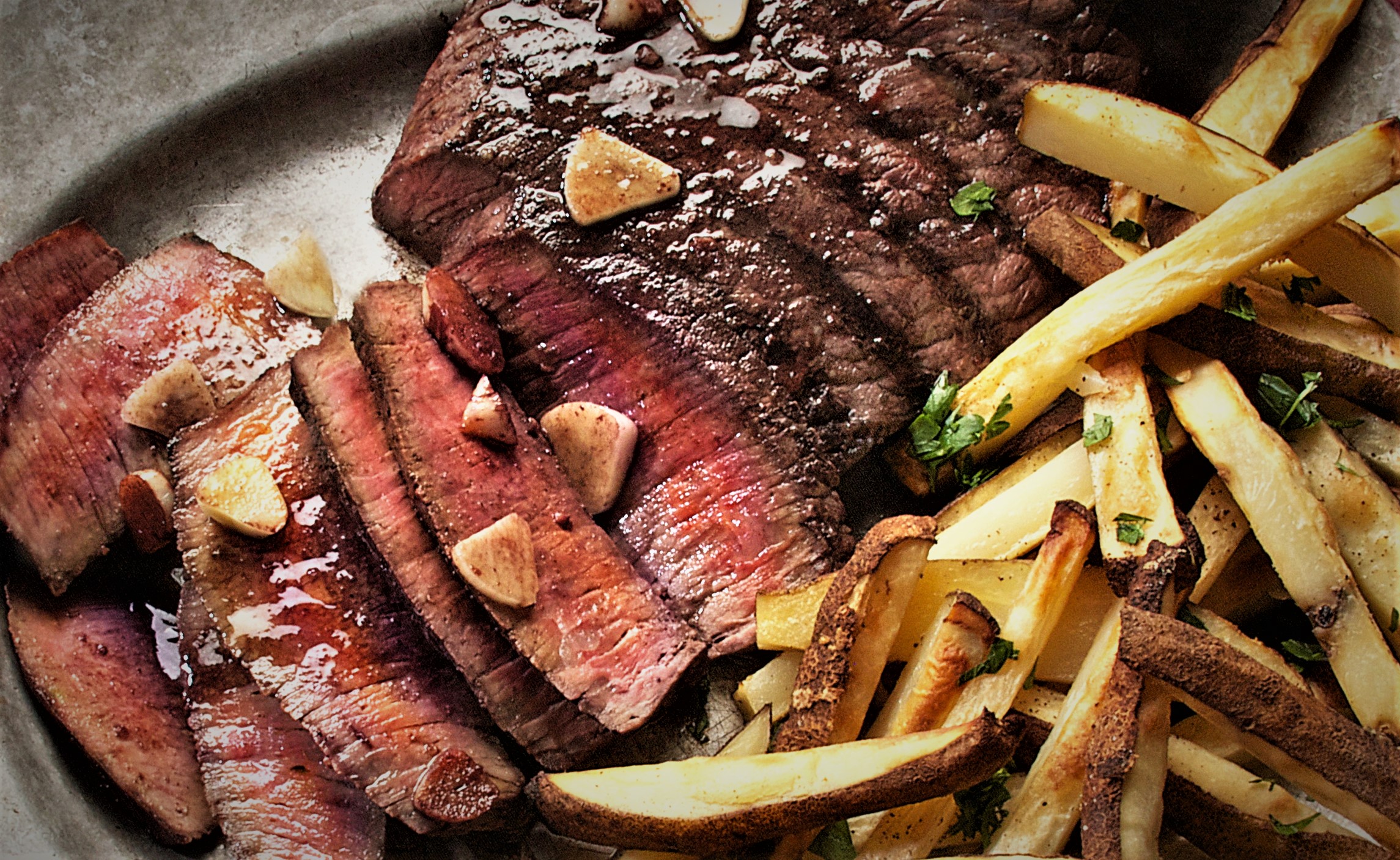
For seven days you shall eat Matzos, but on the preceding day you shall clear away all leaven from your houses, for whoever eats leaven from the first day until the seventh day, that soul shall be cut off from Israel. (Shemos: 12:15)
What are the testimonies (AIDOS), the statutes (CHUKIM), and the judgments (MISHPATIM) that HASHEM our G-d has commanded you? – Question of the Wise Son in the Haggadah
And even you should instruct him regarding the laws of the Pesach (offering). We are not eating (dessert) after the Pesach Afikomen. – Answer Offered to the Wise Son in the Haggadah
This is a dialogue that is waiting to be decoded? What is being asked by this “Wise Son”? What is he being answered? Maybe from the answer we can figure out the nature of his question?
The Sefas Emes picks up on a seemingly subtle point in the question. How is the wise son asking about the category of Mitzvos known as Chukim? Chukim by definition cannot be explained! That may be the key to the answer he is given. Correct, Chukim are not understandable! They are not meant to be grasped by the human intellect. We do them as one who obeys a doctor. We defer to his expertise in this area. In our pedestrian lives we do it all the time. A doctor who spent years studying human anatomy and pharmacology prescribes a certain medicine to help us get better. We do not delay taking the medicine until we too have mastered physiology and pharmacology, and only if we agree with his decision do we take the medicine. By that time, it might be too late. So, we take it based on his superior knowledge.
Now we get the business of the answer. Nowadays we don’t have a Korbon Pesach, a lamb to eat on Pesach night. The final taste that we are left with is that big piece of Matzah that was set aside and reserved specifically for the end of the Seder. That is the dessert of the Pesach Seder. How is that a helpful answer given to this wise son?
Here, again the Sefas Emes explains an important foundational point. Yes, Chukim cannot be understood in advance of their performance but they can be afterwards.
In the analogy of the doctor prescribing medicine, the patient may not comprehend the effectiveness of the medicine prior to his taking it, but he sure can appreciate it after the fact. So too, with Chukim. Matzos and Mitzvos (which are made up of the same letters) may not seem so appealing before we begin munching on them, but they can be appreciated afterwards. We are being invited at the Pesach Seder to acquire a taste for Matzos and Mitzvos!
In the Torah universe Mitzvos and Matzos begin with an element of Chok, the hidden ingredient, but they end up with a Taam, literally a taste, but also a reason. We can detect the wisdom only after doing. In the general world things start out with a Taam, a delicious flavor or even a reason and end up as a Chok, a habit, an addiction, a blind and mindless custom that the one who is doing it cannot explain or arrest himself from doing. So, it goes with cigarettes and cell phones and endless daily life consuming deeds. Even after the flavor is gone the habit of action lives on. Very often, it ends up like empty calories for the soul, as King Solomon tells us repeatedly in Koheles, “Vanities of vanities everything is vanities!” It may seem attractive and delicious at first but it ultimately disappoints and doesn’t let go. Someone said with brutal self-honesty, “The day I enjoyed my Maserati the most was the day before I got it!” Ain’t it the truth! Everything is overrated except for breathing!
So many things in life overstate and underdeliver and yet Matzos and Mitzvos seem so understated and then they way over-deliver! Why is that so? Mitzvos and Matzos are so satisfying because they reach the big itch of the human soul and that is they bring us closer to HASHEM. Nothing else has that hidden ingredient! Perhaps that is why we eat Matzos on Pesach and why we don’t allow any other distracting dessert flavor at the end of the Seder. We want to “taste and see that HASHEM is good”, as Dovid HaMelech writes in Tehillim. Taste it and see for yourself! Literally, internalize the idea. Don’t just meditate on it. No, take it into your being and savor the flavor. Become intimate with the notion that Mitzvos are really where it’s at. That is the answer to the wise son. My boy, please don’t be so cerebral. Now, chew on that!


